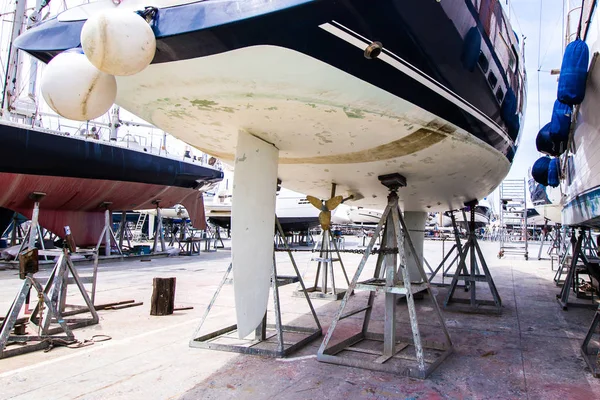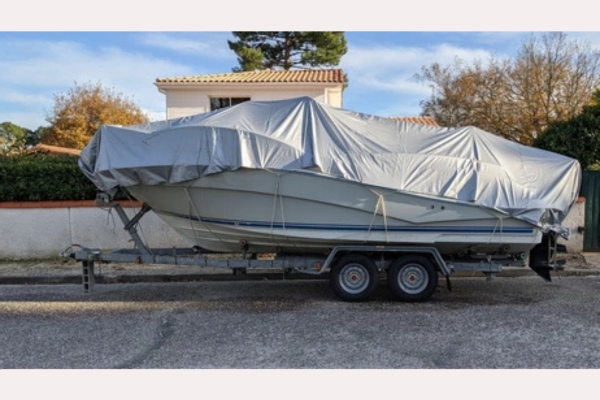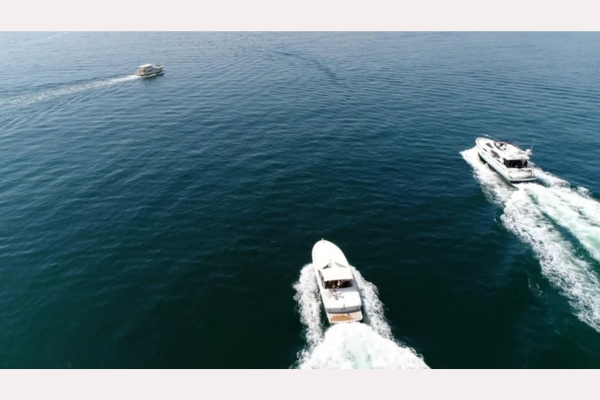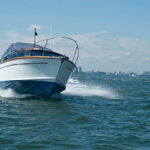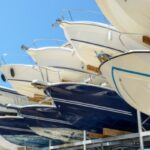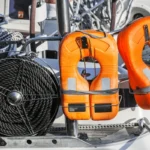Whether you’re cruising along the coast or enjoying a serene day on the lake, the last thing you want is for your boat’s electrical system to fail. Electrical issues are some of the most common problems boaters face, but they’re also among the easiest to troubleshoot and fix. Understanding how to handle common electrical issues can help you save time, money, and frustration, ensuring you get back on the water quickly and safely.
Common Electrical Problems on Boats
Before diving into fixes, it’s important to identify common electrical issues that boaters often encounter. From dead batteries to faulty wiring, each problem can have its unique symptoms and causes. Some issues can be resolved with basic tools, while others may require professional attention. Knowing what to look for will help you stay prepared.
1. Dead Battery or Charging Problems
A dead battery is one of the most frequent causes of electrical failure on a boat. It can occur due to a battery that is old, improperly charged, or disconnected. A battery that fails to charge correctly often indicates a problem with the alternator, the wiring, or the charging system itself.
How to Fix It:
- Inspect your battery for visible damage or corrosion around the terminals.
- Check if the battery is holding a charge. You can use a multimeter to test the battery’s voltage.
- Ensure that the charging system is functioning correctly. This may involve checking the alternator or inspecting the wiring that connects the alternator to the battery.
- If the battery is old or failing, replacing it may be the best solution.
2. Blown Fuses and Circuit Breakers
Fuses and circuit breakers protect the boat’s electrical system from overloading, and they can blow or trip when there’s a short circuit or an overcurrent. It’s essential to know how to locate and replace blown fuses or reset a tripped circuit breaker to avoid further electrical issues.
How to Fix It:
- Locate your boat’s fuse box and identify which fuses have blown or which circuit breakers have tripped.
- Use a fuse puller to remove blown fuses. Replace them with new ones of the same rating to prevent electrical overloads.
- For tripped breakers, reset them by turning the switch off and then back on. If the breaker trips again, there could be an underlying problem that requires further inspection.
3. Faulty Wiring Connections
Wiring issues, such as loose connections or frayed wires, are another common cause of electrical malfunctions. Wiring that is not properly secured or is exposed to moisture can cause intermittent electrical issues, shorts, or complete system failure.
How to Fix It:
- Begin by inspecting all visible wiring for signs of wear or damage.
- Tighten any loose connections and ensure that all wires are securely fastened.
- If any wiring is frayed or damaged, cut the damaged section and rewire it using marine-grade wire, which is resistant to corrosion and moisture.
- Use electrical tape or heat shrink tubing to protect connections and prevent future damage.
4. Malfunctioning Lights
Lights are one of the most frequently used electrical components on a boat, but they can stop working for several reasons, including burned-out bulbs, faulty switches, or issues with the power supply.
How to Fix It:
- Check the bulbs to ensure they haven’t burned out. If they have, replace them with new ones that match the specifications of your boat.
- Inspect the wiring around the lights for any signs of corrosion or loose connections.
- Test the switches to ensure they’re functioning. If the switch is faulty, replace it.
- Check the fuse or circuit breaker that controls the lights to ensure it hasn’t blown.
5. Inverter and Charging System Problems
Inverters are responsible for converting DC power to AC power, allowing you to power electronic devices on your boat. When your inverter or charging system is malfunctioning, it can disrupt your boat’s entire electrical setup, causing problems with lights, appliances, and devices.
How to Fix It:
- Inspect the inverter for any visible signs of damage.
- Ensure the inverter is receiving power by checking the circuit breaker or fuse.
- If you’re unable to resolve the issue, consider contacting a marine electrician to assess and repair the inverter or charging system.
Preventing Future Electrical Issues
Preventing electrical problems on your boat is often a matter of regular maintenance and vigilance. By performing routine checks and staying on top of minor issues, you can avoid major breakdowns while out on the water.
Preventative Tips:
- Perform regular battery maintenance by cleaning the terminals and checking the charge level.
- Inspect wiring connections for wear and corrosion, and replace any damaged components immediately.
- Keep the boat’s electrical systems dry by storing it in a protected area when not in use and keeping it covered.
- Regularly test all electrical components, such as lights, radios, and inverters, to ensure they’re functioning properly.
When to Call a Professional
While some electrical issues can be easily fixed with basic tools and knowledge, others may require professional help. If you’re unsure about how to repair a problem or if you’re dealing with complex electrical systems, it’s always best to call a marine electrician. They can safely diagnose and fix issues that could affect your boat’s performance or safety.
Conclusion
Electrical issues on your boat can be frustrating, but many common problems can be fixed with a little knowledge and the right tools. By staying proactive with regular maintenance and knowing how to troubleshoot issues such as dead batteries, blown fuses, and faulty wiring, you’ll be able to enjoy a smooth and safe boating experience. Don’t let electrical failures ruin your day on the water—empower yourself with the knowledge to fix these problems quickly and confidently.
Discover Your Dream Boat with Fly Yachts
If you’re in the market for a new boat, Fly Yachts is your trusted partner in Florida, offering a wide range of boats, yachts, and vessels for every need and adventure. With years of experience, Fly Yachts makes your boating dreams come true, whether you’re looking to buy or sell.
- Visit us at: www.flyyachts.com
- Call us at: 954-633-4878
- Location: 130 SE 29th Street, Fort Lauderdale, Florida 33301
Experience unparalleled service and find the perfect boat to fit your lifestyle. Let Fly Yachts be your guide to the open water!


